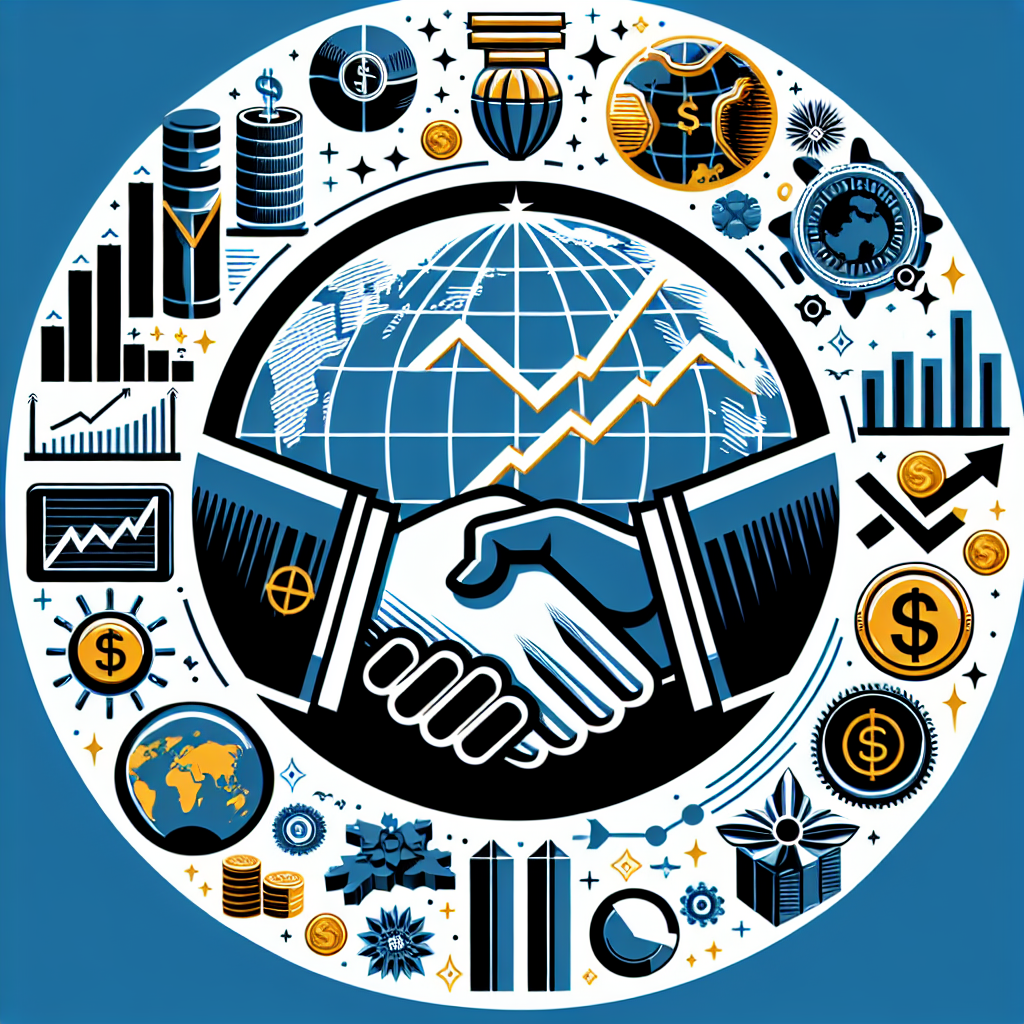Strengthening Supply Chains: Indo-Pacific Economic Framework's Role in Global Trade
The 14 member nations of the Indo-Pacific Economic Framework (IPEF) discussed enhancing chemicals trade and diversifying sources. The Supply Chain Council (SCC), under IPEF, reviewed updates on action plans for chemicals, critical minerals, semiconductors, and healthcare, aiming to bolster supply chain resilience and economic cooperation in the region.

- Country:
- India
The Indo-Pacific Economic Framework's 14 member countries convened to explore strategies for boosting chemicals trade and diversifying sectoral sources, according to an official statement.
The dialogue took place during the Supply Chain Council's second meeting, part of the broader IPEF supply chain agreement.
The United States, chairing the council, provided an update on the action plan team dedicated to chemicals, emphasizing efforts to intensify trade and source diversification through international business matchmaking.
Further briefings covered the critical minerals, semiconductors, and healthcare sectors, highlighting collaborative approaches to industry challenges as India, serving as vice-chair, plans to host the next council meeting.
Launched in May 2022, IPEF aims to fortify economic partnerships across the region, focusing on trade, supply chain resilience, clean economy, and fair economy. India's involvement spans three of the four pillars, signaling active participation in supply chain strategies.
The initiative underscores significant moves such as Australia's lead on critical minerals and India's focus on pharma/healthcare, showcasing the bloc's dedication to mitigating import dependencies.
As the Supply Chain Council drives targeted work on essential sectors, it seeks to secure national security, public health, and economic interests, representing 40% of the global GDP.
(With inputs from agencies.)
ALSO READ
Bengal Unravels Healthcare Fraud Amidst Controversy and Cyber Heists
Delhi Court Seeks Response on Healthcare Scheme, Setbacks in Implementation
Delhi's Health Dilemma: Balancing Ayushman Bharat and Free Healthcare
AfDB Approves $75M Loan to Tanzania for Cardiovascular Healthcare and Education Project
Bridging Gaps in Healthcare: Indian Leaders Innovate for Better Care










